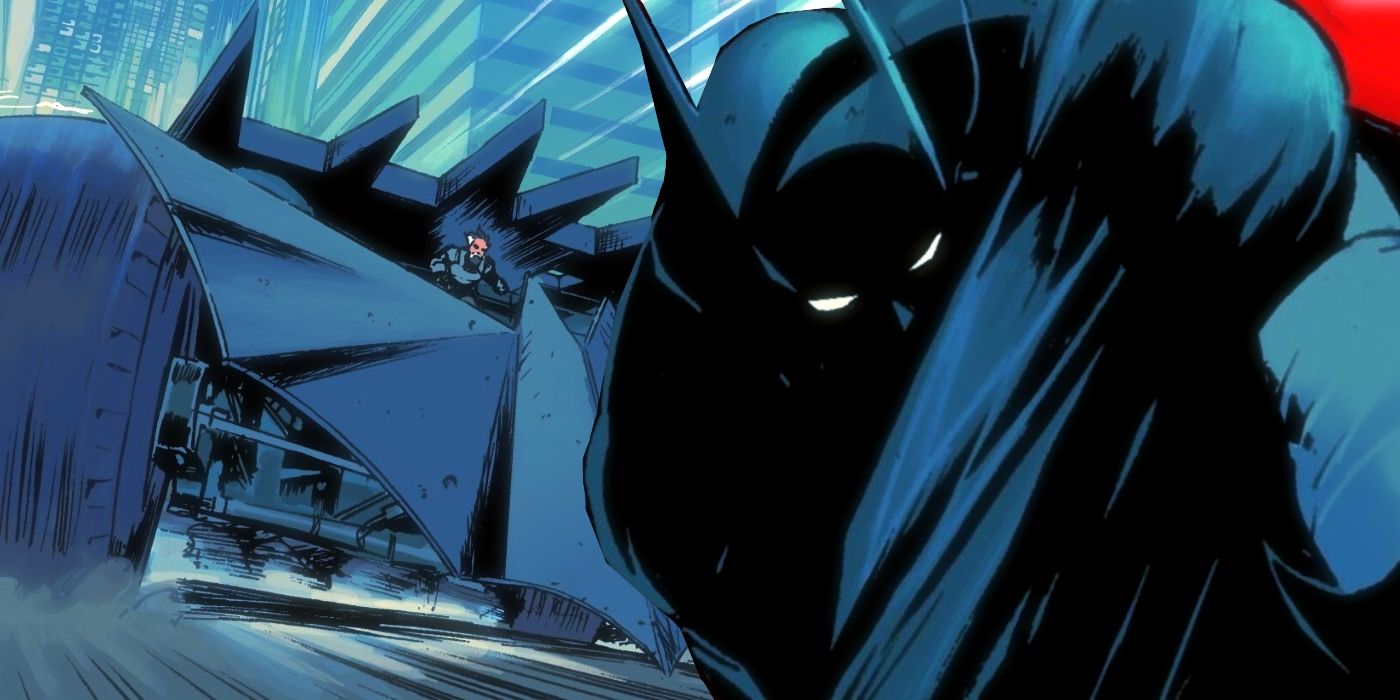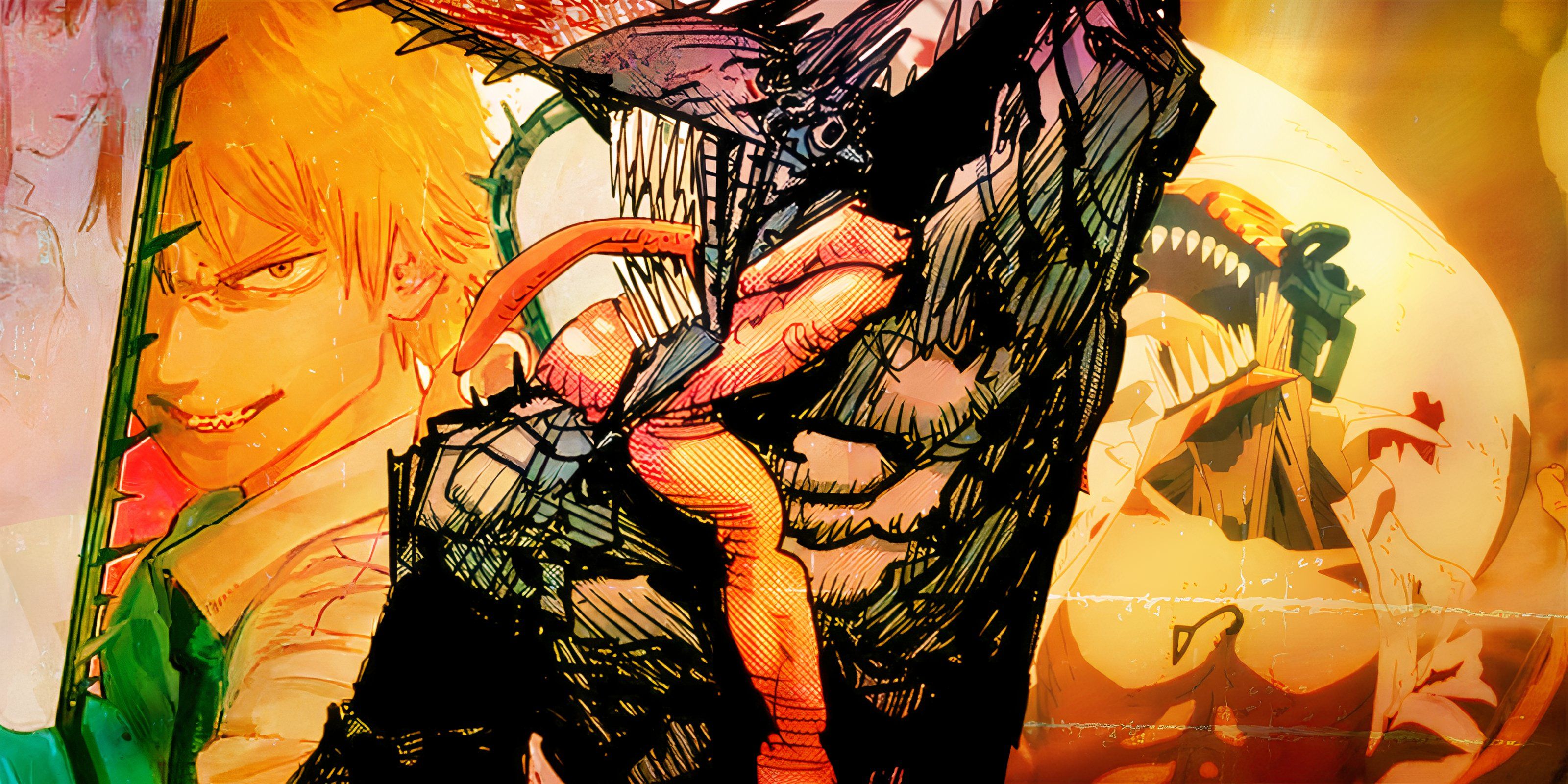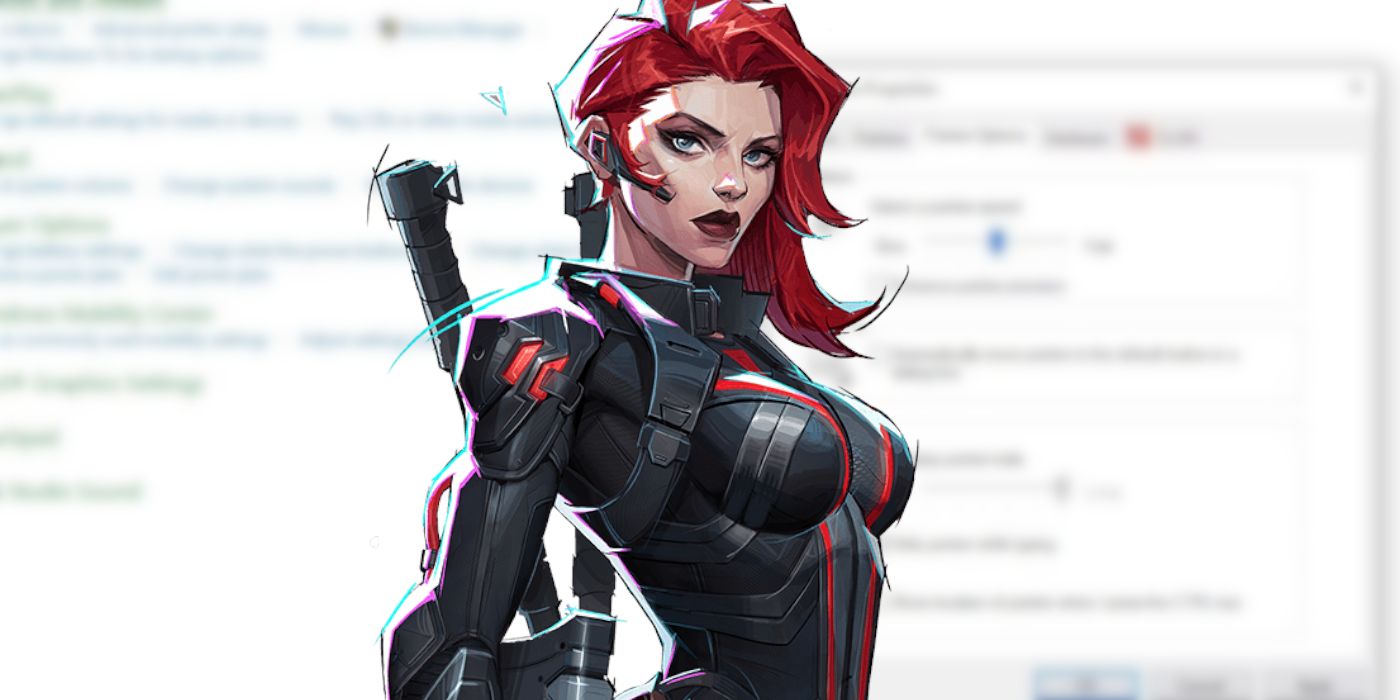Daniel Craig celebrated his third Golden Globes nomination last night by going to work, taking the stage at London’s Southbank for an extended Q&A with critic Mark Kermode. The occasion was to publicize the release of Luca Guadagnino’s extraordinary film Queer, an adaptation of Beat writer William S. Burroughs’ early memoir set in the gay subculture of 1950s Mexico City. Craig plays William Lee, a pseudonym Burroughs used to protect his parents from the then-scandalous aspects of his writing (homosexuality and hard drugs), but Guadagnino’s adaptation infuses the writer’s lean, skeletal prose with a romantic yearning that always existed in Burroughs’ heart if not on his pages.
“The original story is not told with that much lyricism,” said Craig. “That’s down to Luca. We decided very early on to get under this character’s skin and find out what he was about — the yearning, the love, and all of the things that Burroughs wasn’t really writing about.” He mentioned the fact that Guadagnino was even offended to hear Queer described as a film about unrequited love. “No, no, no, no,” the director had said. “Unrequited love is just stalking. This is a movie about love.” Craig revealed that Guadagnino’s tweaks steered him away from attempting to channel the writer’s famous laconic drawl. “It probably would’ve been quite difficult,” he noted. “It would have been another movie. Luca just released me to find out who I thought this person was.”
Kermode asked whether Craig liked the character. “Yes, I did,” he said “I recognized a lot of the behavior, and the reasons for it. I’ve sadly had friends who’ve been addicts, or who are addicts, and they’re searching for something or hiding from it and trying to push it away.”
This being a career interview, Kermode segued into one of Craig’s earlier films, Love Is the Devil, in which he played artist Francis Bacon’s working-class gay lover, his first attempt “to corner the market as a bit of rough”. Looking back, Craig marveled at the ingenuity of the production, which was shot with lenses “borrowed” by DoP John Mathieson from the shoot for Sinead O’Connor’s Nothing Compares 2 U video.
“We had no money,” Craig recalled, “and neither did we have permission to use any of Bacon’s paintings. So, we had all these art students from the Slade School of Fine Art on set with us working on these huge canvases, which all had to be destroyed afterwards. All these paintings were just leaning against the wall, which I think works way better than having the actual images, which would been distracting. But the great thing is that it also makes the film feel like a bit of a criminal enterprise story.”
By then, Craig had starred in the BBC show Our Friends in the North. “It was the longest job I’d ever had on camera,” he said. “But I really learned a lot.” Though he rules out ever directing, the actor nevertheless confessed to a fascination with the mechanics of filmmaking. “I’m fascinated by lenses, I’m fascinated by lighting,” he said. I’m fascinated by the whole process, which is just so exciting. I remember during Road to Perdition, Paul Newman was with Conrad Hall, who lit Cool Hand Luke. He’d lit the scene, and Paul was sat in a chair with a shaft of light coming in. Paul said, ‘Connie, how about this?’ and ever so slightly leaned into the light so that it caught his left eye. Ping! Seeing things like that made me realize, yeah, you’ve got to lean into your performance.”
Discussing Munich, his sole film with Steven Spielberg, Craig observed that the Hollywood legend is surprisingly hands-off with his actors. “I think, rather brilliantly, he doesn’t give you an awful lot. He just says, ‘This is what’s happening. This is what we’re doing…’ I’m like, OK, I’ve done my bit, I’ve brought what I think is going to work for the scene. He did give me notes, but I don’t remember them. They were about the technical side of things.”
Naturally, most people in the room — which sold out to members only before going on sale to the public — were there to hear war stories from Bond, and Craig did not disappoint, even explaining the elaborate secrets of Casino Royale’s torture scene.
On taking the role, Craig admitted to being daunted. “There was so much wrapped up in it. Everyone who’d come before had done their thing, those brilliant performances by Sean and Roger and Pierce. I just went, ‘Well I can’t do that. I can’t do it. And if I pretend to do it, people are going to sniff it.’ So, it was a roll of the dice. I said, ‘I can’t do what’s come before.’ And also, I just wouldn’t know how to. I just said to myself, ‘OK, I’m going to just treat it like I treat everything else — just don’t forget that it’s James Bond.”
Asked if he enjoyed the experience, Craig said, “I did. I loved every second of it. It was tough and weird and strange and emotionally difficult for everybody, including my family. I mean, the fame [that came with it] is weird. But I went in with open eyes. I knew it was going to be a big thing, but that couldn’t be a reason not to do it.”
He also divulged that the plan to wrap up his tenure in Bond’s tuxedo was hatched almost as soon he began. “We were driving away from the Berlin premiere of Casino Royale,” he recalls. “Me and Barbara Broccoli were in the back of the car, and I said to her, ‘How many have I got to do of these?’ Such enthusiasm! She said, ‘Four,’ I think, although we ended up doing five. I said, ‘Great, ‘If I do four, can I kill him off?’ She went silent and then she said, ‘Yep, OK.’ And she kept to her word. I didn’t have a plan, I didn’t know what that ending was going to be, but I knew it had to involve love.”
Craig was quiet on the subject of upcoming project Sgt. Rock but teased a possible fourth Knives Out collaboration with Rian Johnson “if he keeps writing them like that.” Amazingly, it was the first two Benoit Blanc movies that brought Craig his first two Golden Globes nominations before yesterday’s nod for Queer. Does he ever think about awards, Kermode asked? “I try and be cool about it, but I can’t. I don’t think about it. I’m like, forget it. Listen, I consider this job to be a massive privilege in itself. But you’ve got to turn up. You’ve got to turn up and do it.”









 English (US) ·
English (US) ·